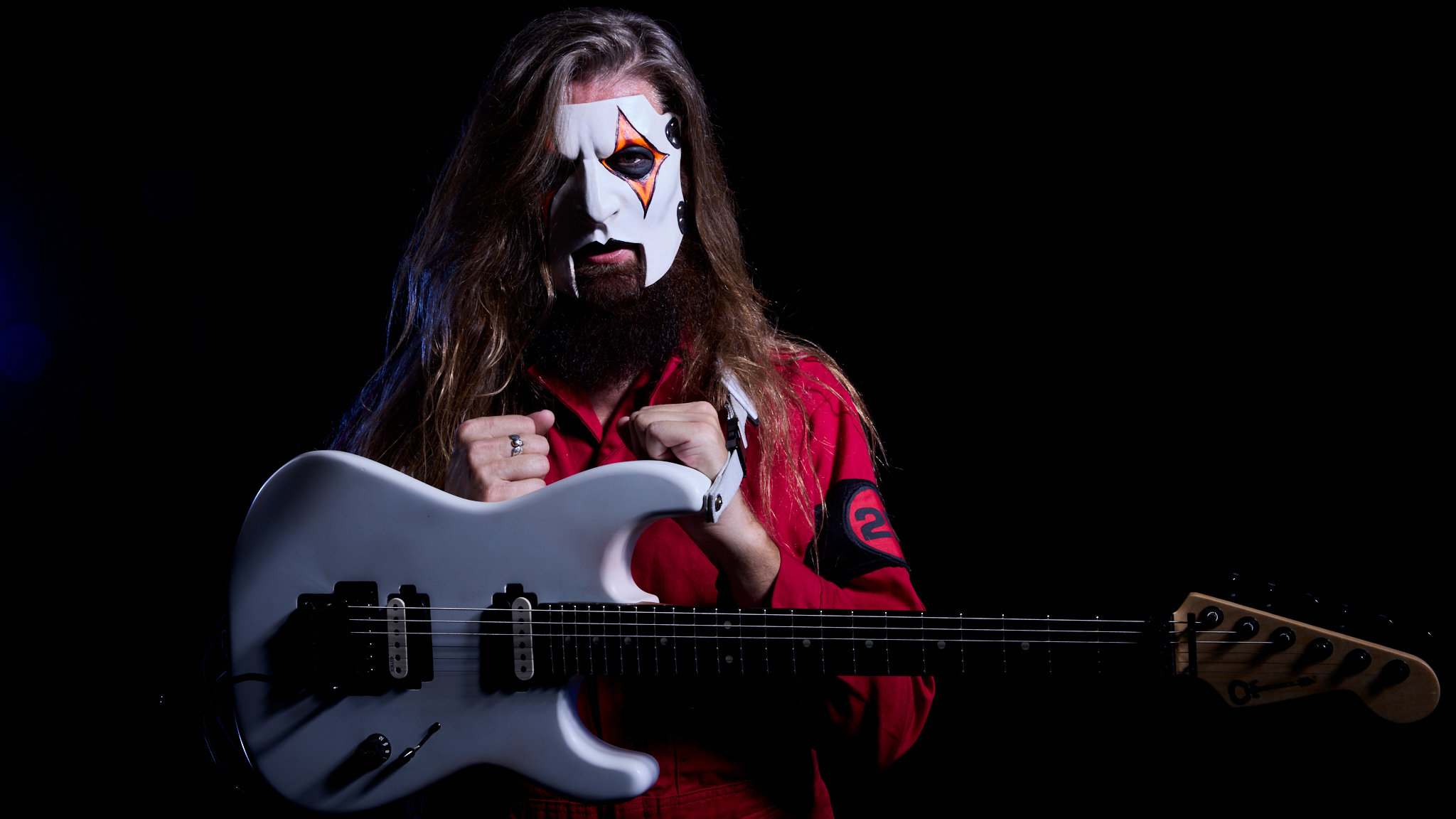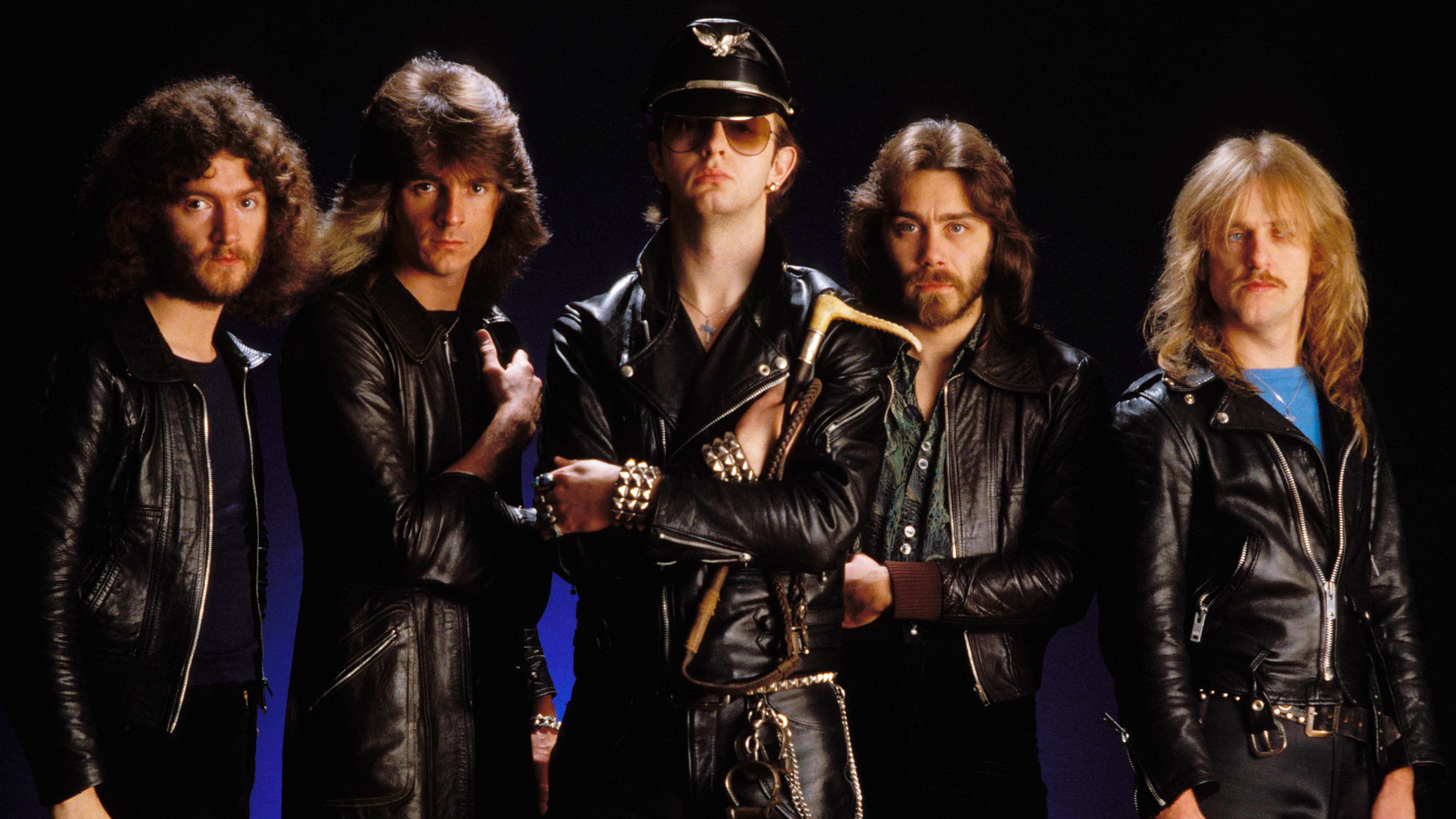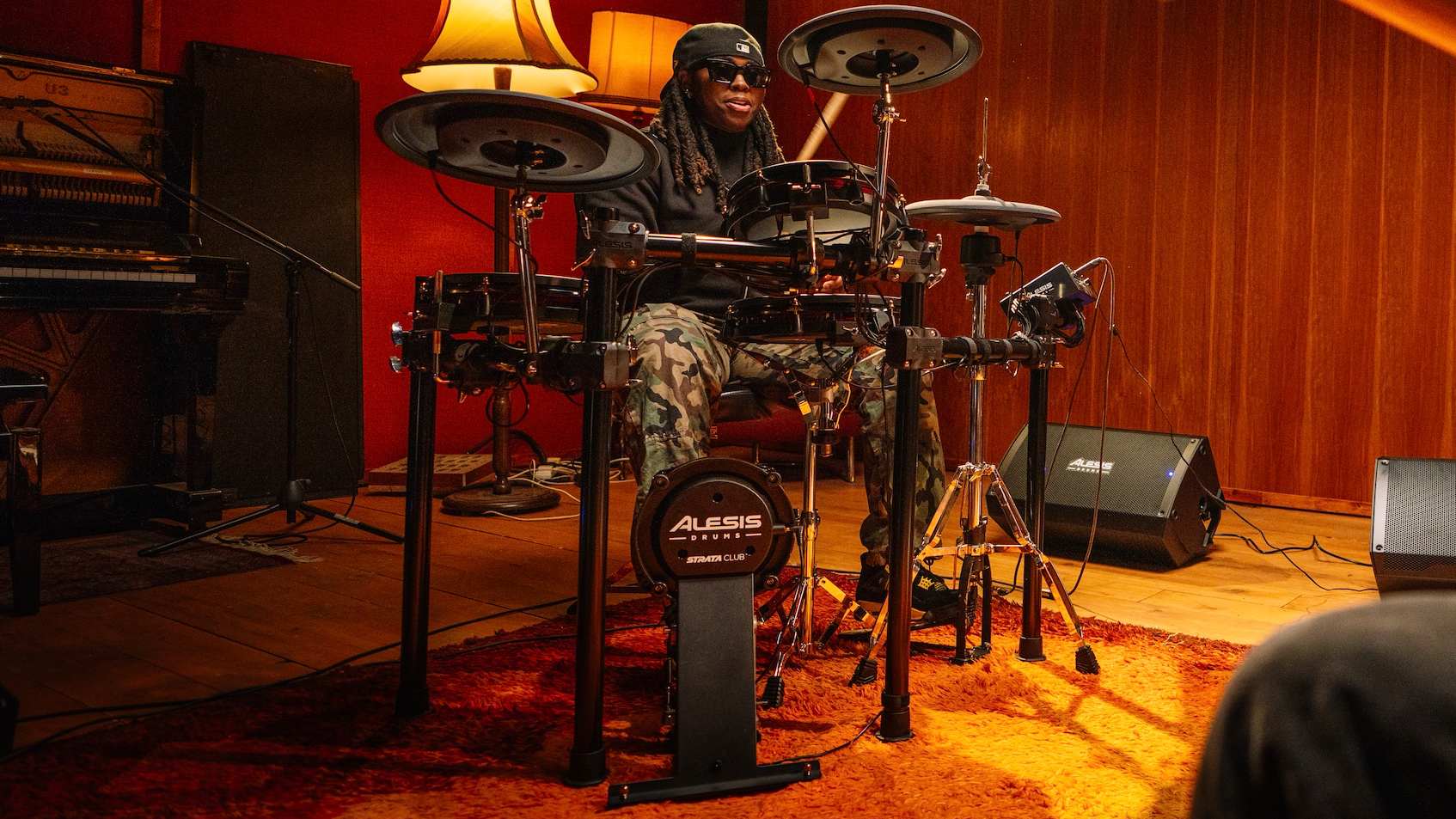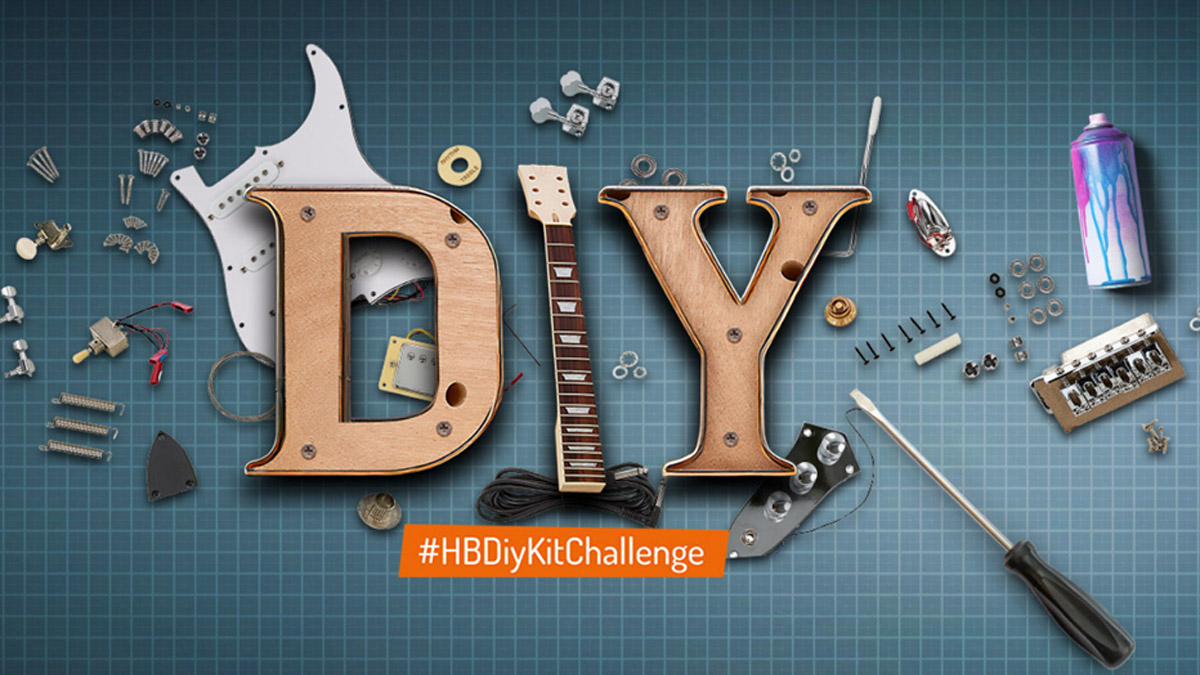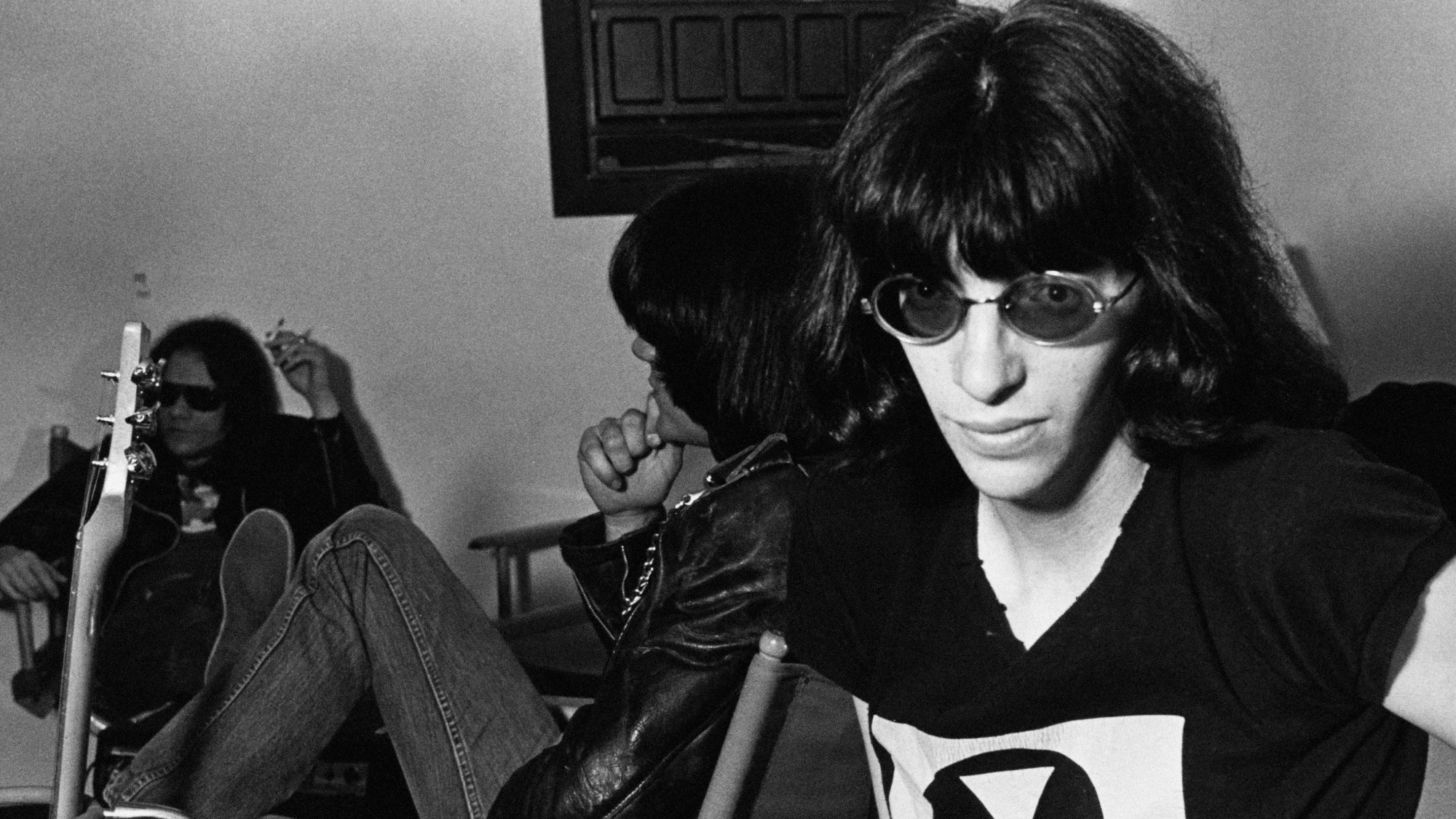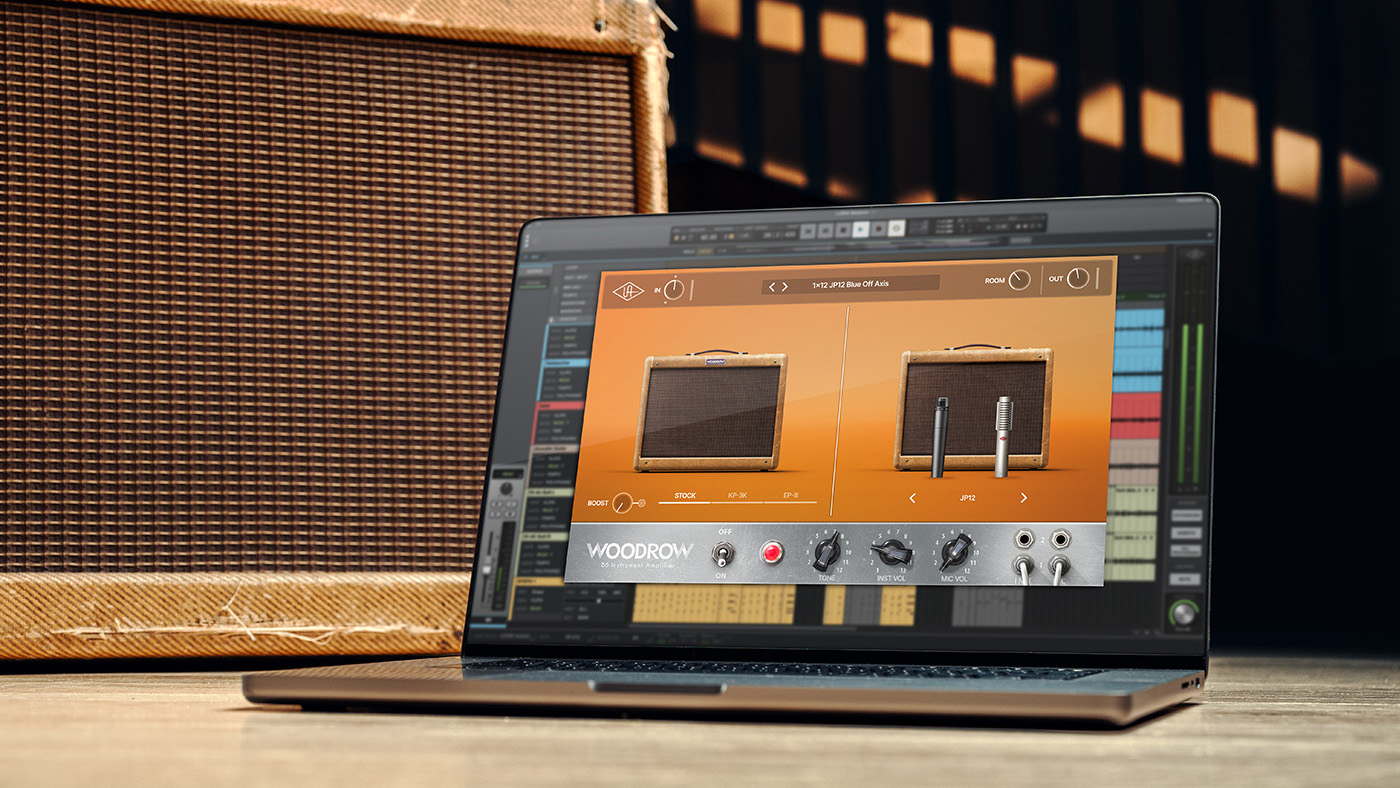Chicane: "There were times when I came very close to smashing the sh*t out of the studio in frustration"
Dance music legend Nick Bracegirdle is revisiting the blissed-out, Balearic beats he’s renowned for, produced with an all-digital computer music setup
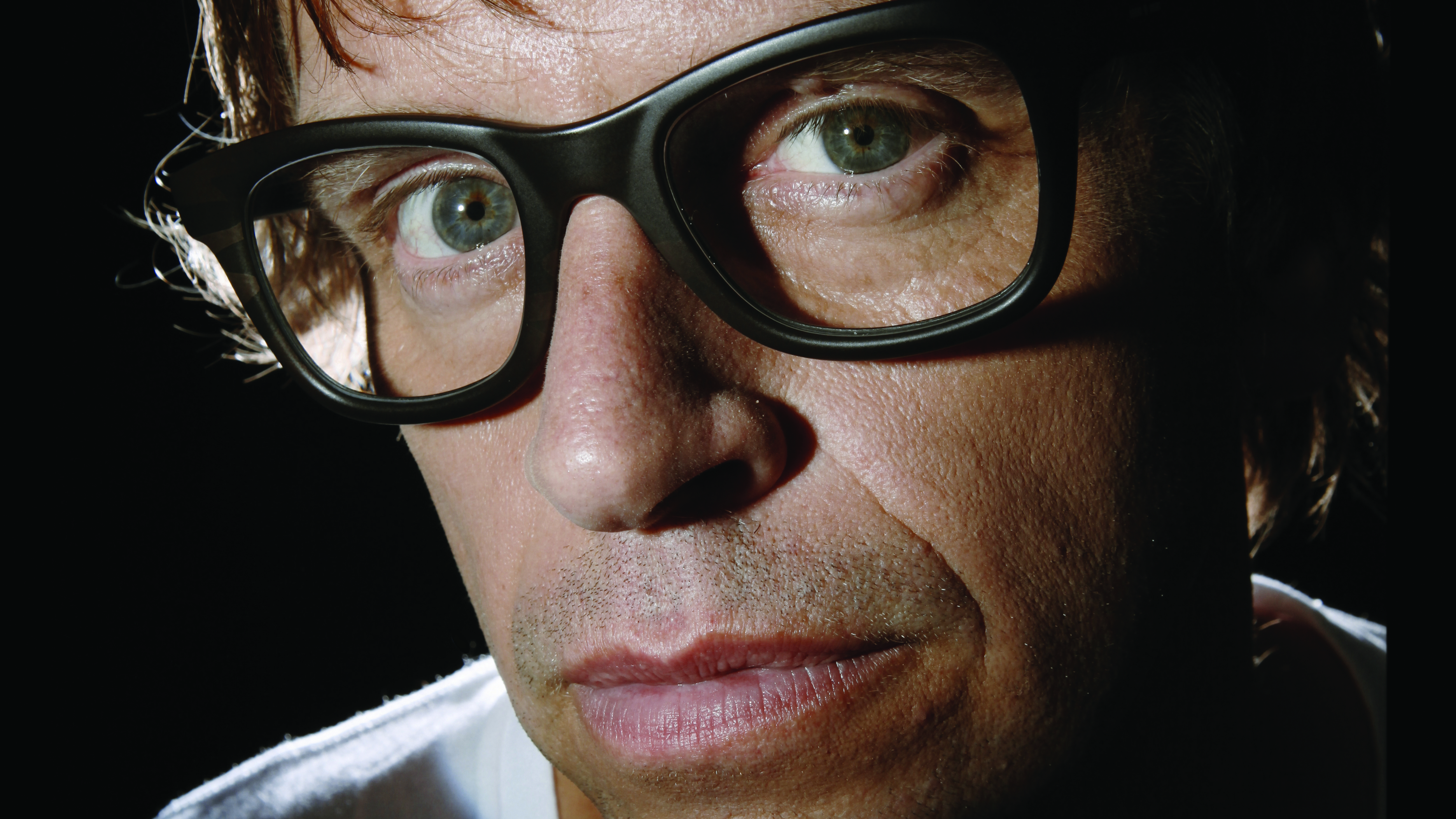
If you were in Ibiza any time in the late 90s, the chances are that you would have spent part of your evening/morning dancing to music produced by Nick Bracegirdle – aka Chicane.
Songs like Offshore, Sunstroke and Saltwater beamed out from every beach bar, sound system and hotel balcony, a blissed-out soundtrack of Balearic beats and addictive hooks.
These were high times for dance music. The superclubs were doing brisk business, music-making technology was becoming affordable and trance was about to conquer Europe. For the next five or six years, the charts were packed with quality tunes like Three Drives On A Vinyl’s Greece 2000, Energy 52’s Café del Mar and Binary Finary’s 1998. And Offshore, of course!
Some people even began talking of a third summer of love. Hyperbole? Exaggeration? The drugs talking? Possibly. But few people would disagree that trance music left an indelible impression on dance music. As Ferry Corsten pointed out when we interviewed him in 2020, “You pick any big festival from the last 20 years and you’ll find a trance stage”.
No one wants to stick to the same script forever. Life is about change… let’s embrace it
“The curse for any artist who has a modicum of success with a particular genre is that you are expected to stay within the confines of that genre for the rest of your life,” says Bracegirdle with a wry smile. “And I get that. I understand it. If I play a live show, people want to hear Offshore. But this is my 26th year as a working musician. I’ve done rock, pop, ambient. My last album, Everything We Had To Leave Behind [released last year], was number one on the dance charts in 18 countries.
“Surely, no one wants to stick to the same script forever. Life is about change… let’s embrace it.” After a few years living in the French Alps – he’s a keen snowboarder – Bracegirdle is back in the UK, overlooking the blue-ish water of the English Channel from his house on the Isle of Wight.
“It’s ironic that I’ve ended up back here,” he explains, “because this is where I first discovered electronic music, way back when I was 11 years old. It was a school camping trip to Appuldurcombe Park [near Wroxall on the Isle of Wight] and I remember running past my mate’s tent and hearing this strange sound. A sort of space music. It was Jean Michel Jarre’s Magnetic Fields and I was captivated. Axel F, all the New Romantic stuff in the charts. I was having music lessons and am – sort of – classically trained, but I knew there and then that this was the music I was going to make. It was my sound.”
Get the MusicRadar Newsletter
Want all the hottest music and gear news, reviews, deals, features and more, direct to your inbox? Sign up here.
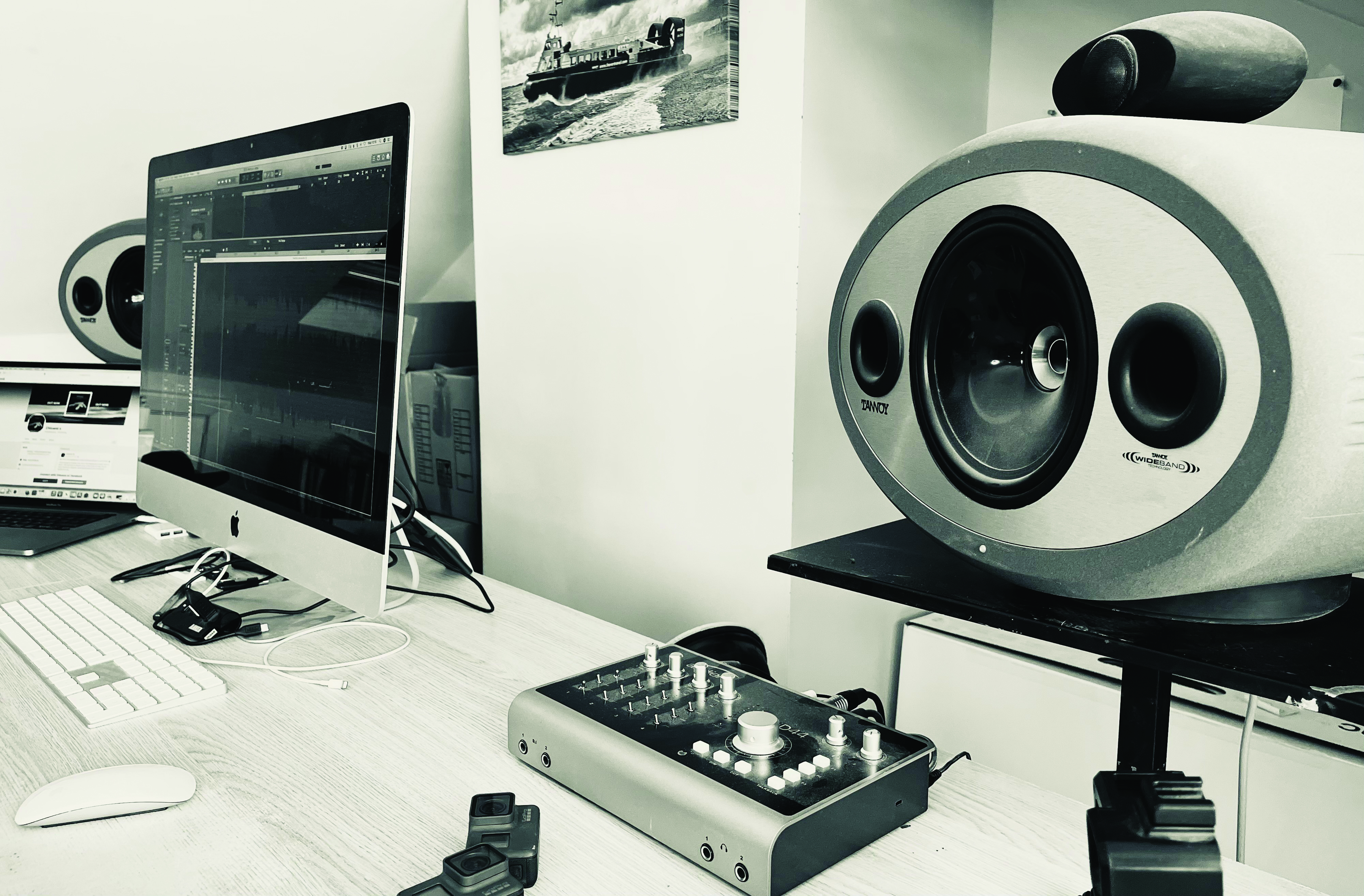
It’s always interesting to talk to classically trained producers who are making dance music. Does all that compositional knowhow help or hinder when it comes to banging out club tunes?
NB: “Well, it was a bit weird for me because I’m also dyslexic. I’ve got perfect pitch and I sat through all the lessons and learned about melody and chord progressions and what have you, but when it came to sight-reading, I was fucked! I remember sitting down for one exam and after about 20 seconds the tutor took the music away and said, ‘Thank you very much. Next, please.’ Has it helped?
“Yes, definitely. It’s made me a better player and a better listener. But the whole dyslexia thing seems to have altered my technique somewhat. I was working in a studio some years ago and the producer said, ‘You play very oddly. All of your chords are unusual shapes.’ Was it the dyslexia that did that? Who knows, but I’ve ended up with a very specific way of playing and I’m very thankful for that.”
Has the entire studio moved from the Alps to the Isle of Wight?
NB: “Not really. The current setup is pretty basic. Yes, I’ve got the all-singing, all-dancing Mac running Logic and a few plugins, but the way I’m working these days is quite… ugly.”
Ugly?
NB: “The only thing I really care about is the song. I’m not interested in searching for perfection in the final mix. I like to hear a bit of dirt and rubbish floating about. There’s one bass sound I’ve got and it’s been used on God-knows how many different songs, pitched about and stretched all over the place. Same with pads and atmospheres. I might hear one chord that I like from a song I’m working on, take that, stretch it out to half a minute, re-pitch it. It all adds to the feel of a song. My studio isn’t a pristine environment creating highly polished products.
We need to step away from this idea of what is right and wrong in the studio. If you’ve come up with a good song, who cares how you put it together?
“If I think back to how I made Offshore, it was mixed on a Technics hi-fi amp and a pair of regular hi-fi shop speakers. All the analogue gear used to float in and out of tune. It was noisy. Personally, I think we need to step away from this idea of what is right and wrong in the studio. If you’ve come up with a good song, who cares how you put it together?
“There’s a track on another new album I’m working on that’s got over 200 tracks. Almost 20 different bits of audio layered on top of each other for the intro. Massive reverbs all over the place. But my ears tell me it sounds OK and I trust them.
“If that album does get released next year, it’ll be the seventh album, remix album or compilation in three years. I didn’t enjoy the lockdown, but it did wonders for my work rate.”
Ironically, given what we first started talking about, the current release is a reworking of arguably your most well-known album, the 1997 debut, Far From The Maddening Crowds. Aren’t you in danger of ignoring your own advice… embracing change, not sticking to the same script?
NB: “I suppose it all started with lockdown. For many years now, I’ve taken a backseat in the studio. I worked with an engineer and producer, and I took more of a writing role. But the pandemic meant that I lost my engineer. I was stuck in the studio on my own. Obviously, I had a fair idea of how everything worked, but if I was going to make any decent music, I had to get on board with all the software – especially Logic, which is my main platform.
“The first three months were awful. It was hell. I knew what I wanted to do but didn’t know how to do it. There were times when I came very close to smashing the shit out of the studio in frustration. All I want to do is automate this thing here… it shouldn’t take two days!
There were times when I came very close to smashing the shit out of the studio in frustration
“Eventually, of course, things started to fall into place. I was back at the desk, getting my hands dirty. And it seemed to completely change the way I worked, not to mention the speed at which I worked. I felt inspired. I felt that I was becoming a better producer and, subsequently, a better writer. Have you seen that documentary about Dre and Jimmy Iovine, The Defiant Ones? Life was like that. I had an absolute passion for being in the studio and making music, and for most of the two years of the pandemic, I worked like fuck!
“As far as this current album goes and reworking all those early songs… I think it was a question of confidence. I have revisited the past a couple of times over the years, but I’ve never been completely happy with the results. If you’re not careful, what you end up doing is taking the main hooks from the original song and surrounding them with a bunch of updated loops and synth sounds. What’s the word I’m looking for, here? ‘Contrived’.
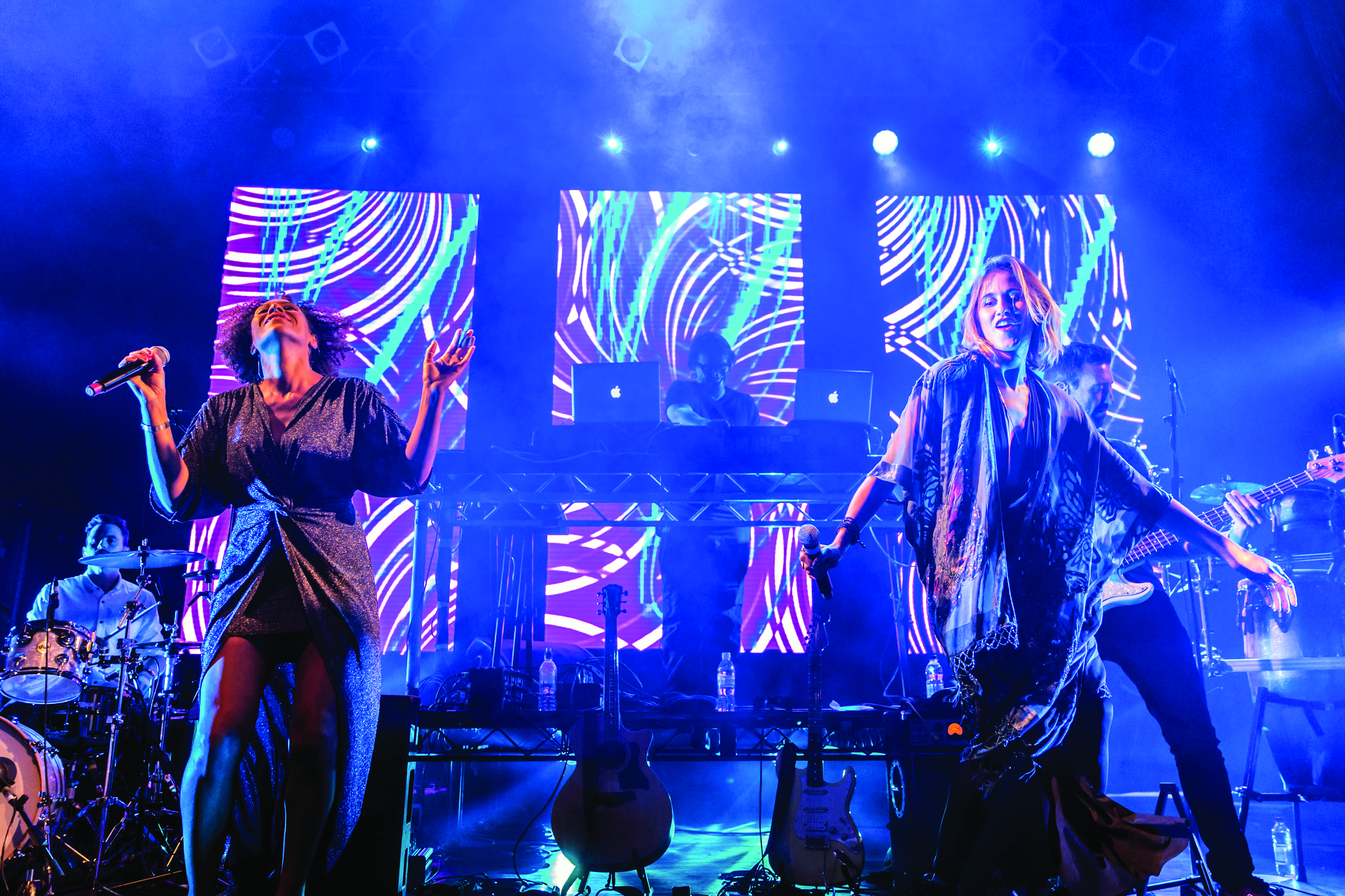
“The other problem was that Far From The Maddening Crowds is one of those albums that people are passionate about. It’s got a lot of loyal fans. You have to be very careful when you start messing around with something that people love. Even before I started, I was imagining all the groans. ‘Oh no! What’s he done that for?’
“But that period of getting stuck in with Logic and just writing-writing-writing seemed to open the creative door. Part of it was me finding my way around all the new software that’s out there – blimey, I can do this and this and automate that! – but there was something else that just clicked and made me think it was possible to find a sound that worked. Find a way forward… Ha ha! The funny thing is that I found a way forward by going back listening to all the stuff that I was listening to back in 1997, when the album was first released. I produced and mixed this album as if I was mixing an album in that era.”
You went back to analogue? Everything going through your old Spirit desk?
NB: “No. How can I explain this? I sort of came up with the idea when I started work on Offshore. That’s the song everyone remembers and it’s the one I was most careful with. As soon as I started pulling out the hooks and looking for new breaks, it sounded like a pastiche. ‘Here’s the well-known hook; let’s update it with all the latest software.’
“So, I tried to remember what was going through my head when I first wrote Offshore. What was I listening to? Imagine it’s 1996… what’s actually happening in the clubs? Over the next couple of weeks, I started digging out everything I could think of from that era. Tin Tin Out, Way Out West, all the early trance stuff. And I tried to make an old sounding album. I don’t mean the technology; I mean the inspiration and the atmosphere. How did those late-90s tunes work? How did they make you move? How ‘big’ did everything feel? The groove, the bassline, the pads, the reverbs. Simple stuff, like what was going on with the hats.
One of the biggest problems these days is how easy it is to get caught up in the search for the perfect sound
“One of the biggest problems these days is how easy it is to get caught up in the search for the perfect sound. You can scroll through literally hundreds and hundreds of different presets and drum samples, looking for something that the song doesn’t need. You’re looking out there in the big wide world or you’re looking inside the computer, but you really should be looking inside yourself. In your own head. Does it sound good to you? Do your
ears like it?
“With that in mind, I tried to make this a simple album. I used current technology, but I didn’t want to get lost in it. I wanted the new versions to preserve the integrity of the original songs, but also keep them up to speed with what’s possible in a modern studio. It’s a cliché, but I was trying to keep one foot in the past and one in the future.”
There’s definitely a certain ‘feel’ to the album. The warm, soft, cinematic wash of sound that characterised the Balearic/trance heyday.
NB: “I’m happy to say that most people seem to agree with you. I hope I’ve done justice to the album.”
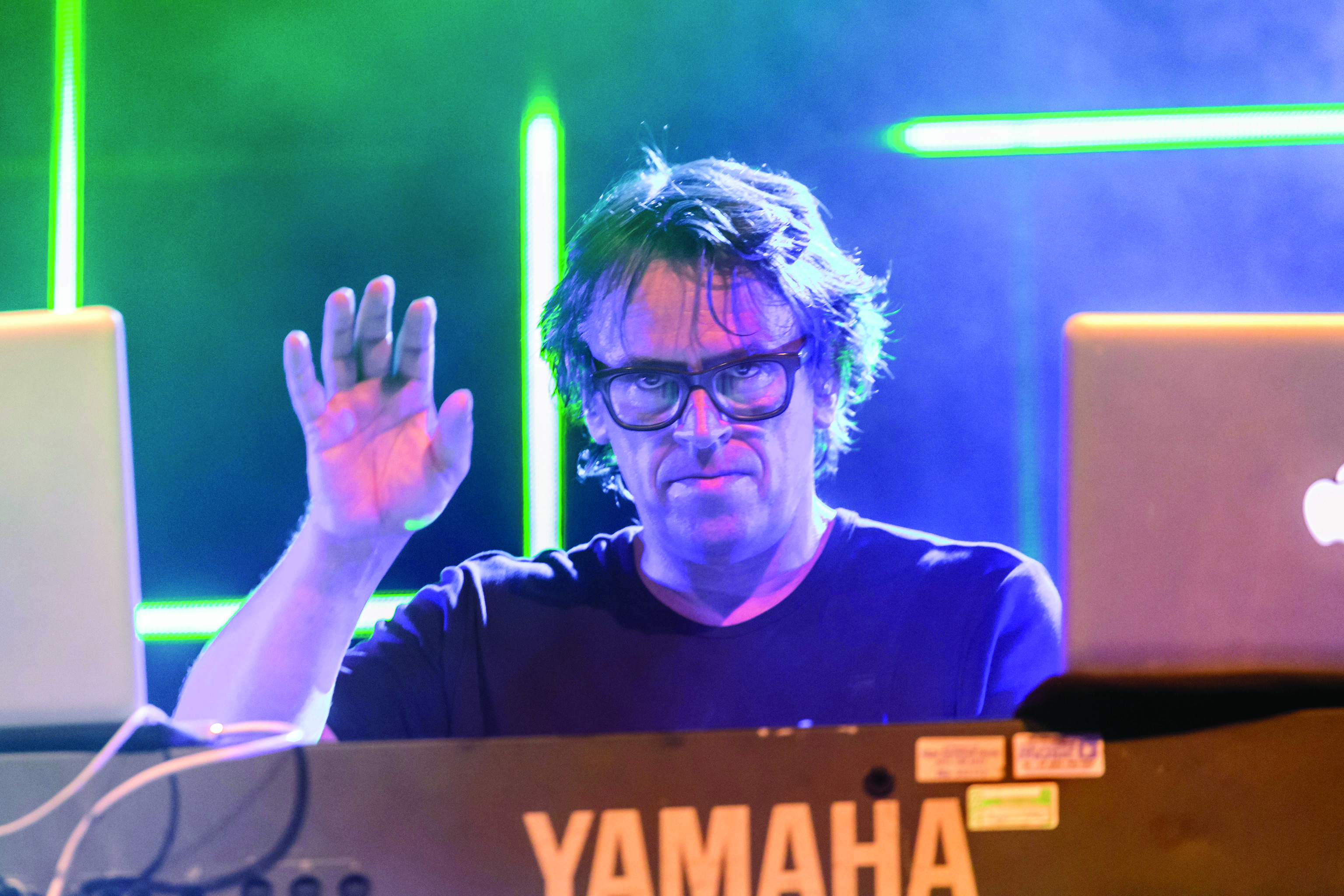
Is there any analogue on there?
NB: “Obviously, lots of the original sounds were generated by analogue gear. My old, crappy Casio synth… the S750 sampler, which is still plumbed into the studio! Not that it ever gets switched on. And I did end up pulling in a lot of analogue samples; chunks of audio and what have you. If you listen to the opening track, Early, there’s a bit of a Vangelis theme going on there. All done before he sadly went upstairs.
“What a talent! One of my great regrets is that I got the chance to work with him in the early days and it never happened. It was just after it all went mental with Offshore, and I was being whisked around the world. Every space in the diary… bang-bang-bang. Anyway, word came over that he was interested in doing some sort of collaboration. Fantastic! At the time, his studio was on a boat, off the shore of some Greek island. It sounded fucking fantastic!
“Of course, I was caught up in the euphoria of having a bit of success and I kept getting told that there was no way I could spend two weeks floating about on a boat with Vangelis. Hindsight is a wonderful thing, isn’t it.”
Can you quickly talk us through the current setup?
NB: “It’s not what you’d call ‘extensive’. There’s the Mac and Logic, the Valhalla reverbs, of course. The one thing you can’t skimp on is reverbs. Cheap reverbs are fine if they’re just sitting in the background, but if you want to create that huge sense of space, you need something decent.
My God, that Arturia ARP is… well, it’s damn close to the real thing
“I’ve also been sucked into the world of the Roland plugins. Unsurprising, really, because they sound amazing. And the Arturia synths. My God, that Arturia ARP is… well, it’s damn close to the real thing. The modelling has got so good now that, unless you’re one of those people who’s got a real hard-on for things constantly going out of tune, I can’t see any reason not to go digital.
“I guess that’s one of the quirks of the music business, these days. In the studio, we’re all enjoying ourselves. Lots of new producers coming along… lots of music. But the business side of things is in a complete fucking mess. The bottom line is that I don’t think streaming will last. It’s not working. My last album had 250 million streams, but that ain’t much. There are too many musicians that can’t make a living.
“We’ve already seen Snoop and Death Row take their music off of streaming. They’re saying that if you want to listen to this, come to us. Will that be the future? Will people make the effort to visit every website of every artist they want to listen to? Or will it be something like NFTs?
“We have seen a lot of change in how we consume music over the last 70-odd years. From vinyl to CD to download to streaming. Let’s hope evolution does its job and finds something new or we could be in real trouble!”
Chicane's Far From The Madding Crowd (Evolution Mixes) is out now.


Computer Music magazine is the world’s best selling publication dedicated solely to making great music with your Mac or PC computer. Each issue it brings its lucky readers the best in cutting-edge tutorials, need-to-know, expert software reviews and even all the tools you actually need to make great music today, courtesy of our legendary CM Plugin Suite.


